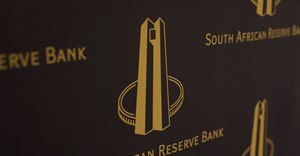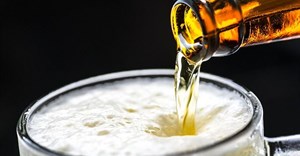Trending
Prohibition on alcohol advertising - report released

It has estimated that the total potential advertising expenditure loss by the alcoholic beverages and related industries - because of a total ban - will be R4.386 billion in 2011 prices (total ATL and BTL activities).
The potential ban will have an (unintended) impact on the rest of the economy through the advertising broadcasting industry (especially television and commercials), sport sponsorships and advertising agencies.
Given this scenario, it is estimated that employment could be reduced by 11,954 people with the majority in 'other services' (broadcasting, sport activities and making of commercials), 'wholesale and retail trade' and 'other business activities (advertising agencies).'
The econometric model shows that there is no statistical relationship between per capita alcohol consumption and per capita advertising expenditure on alcoholic beverages. This is confirmed by the only other South African empirical study (done by Tiaan van der Spuy).
A review of global studies shows lack of a demonstrable positive relationship between advertising and consumption of alcoholic beverages as the research and findings of the various studies are contradictory and therefore inconclusive.
Based on the lack of a positive relationship between per capita alcohol consumption and advertising expenditure, the effectiveness of a ban on alcohol advertising is weakened. Other policy measures to inhibit the harmful use of alcohol should be considered.
Abuse, illegal alcohol problems
The main problem in South Africa is not consumption of alcohol per se (South Africa's adult per capita consumption ratio is amongst the lowest in the world), but the main problem areas that exist around alcohol abuse in South Africa are:
- The small population, which drinks, does so excessively - i.e. heavy episode/binge drinking;
- High levels of youth drinking
- Illegal alcohol sector - there are between 50,000-60,000 licenced/legal outlets for alcohol sales and distribution; in contrast, there are an estimated 120,000 unlicensed outlets. It is generally accepted that the alcohol abuse problem lies within this unlicensed sector, which is not regulated at all by government. The amount of taxes lost through this illegal sector is significant.
The focus should be on abuse (of legal and illegal products) rather than decreased drinking (of legal products).
Tobacco industry not good comparison
The report also compares the tobacco and alcohol industry and indicates that despite the ban on advertising, in 2001 when the advert ban was implemented the South African market consumed 25 billion cigarette sticks, in 2011 it was estimated to have been 29 billion cigarette sticks.
The most important factor of differentiation is that alcohol is not harmful if consumed responsibly and if used as intended, i.e. for a consumer to remain within the recommended alcohol units of consumption as for example recommended by SANCA (South African National Council on Alcohol & Drug Dependence). By comparison, tobacco cannot be responsibly consumed since all tobacco products are harmful from the onset of consumption.
For more, read the full Econometrix report.



















